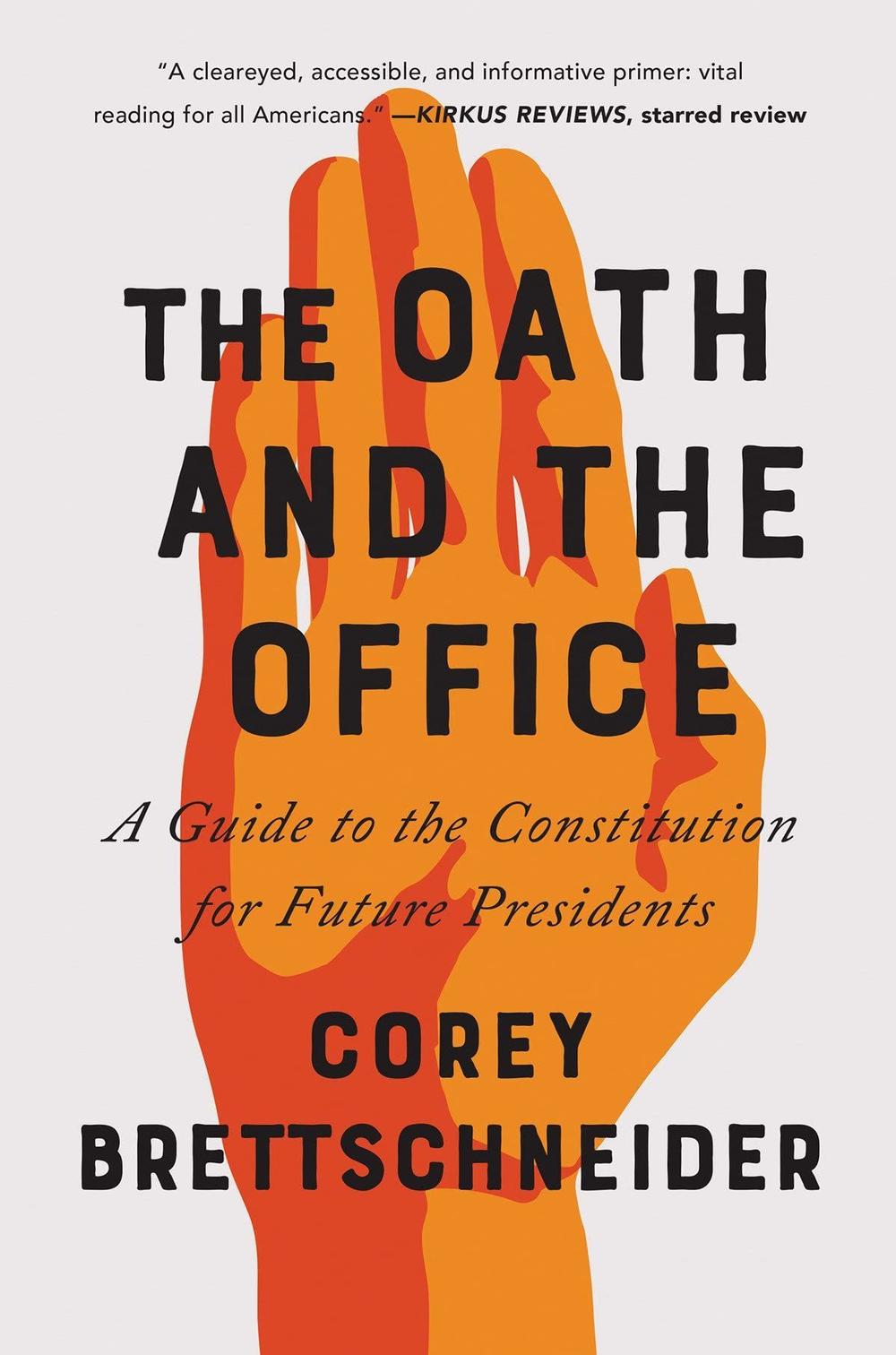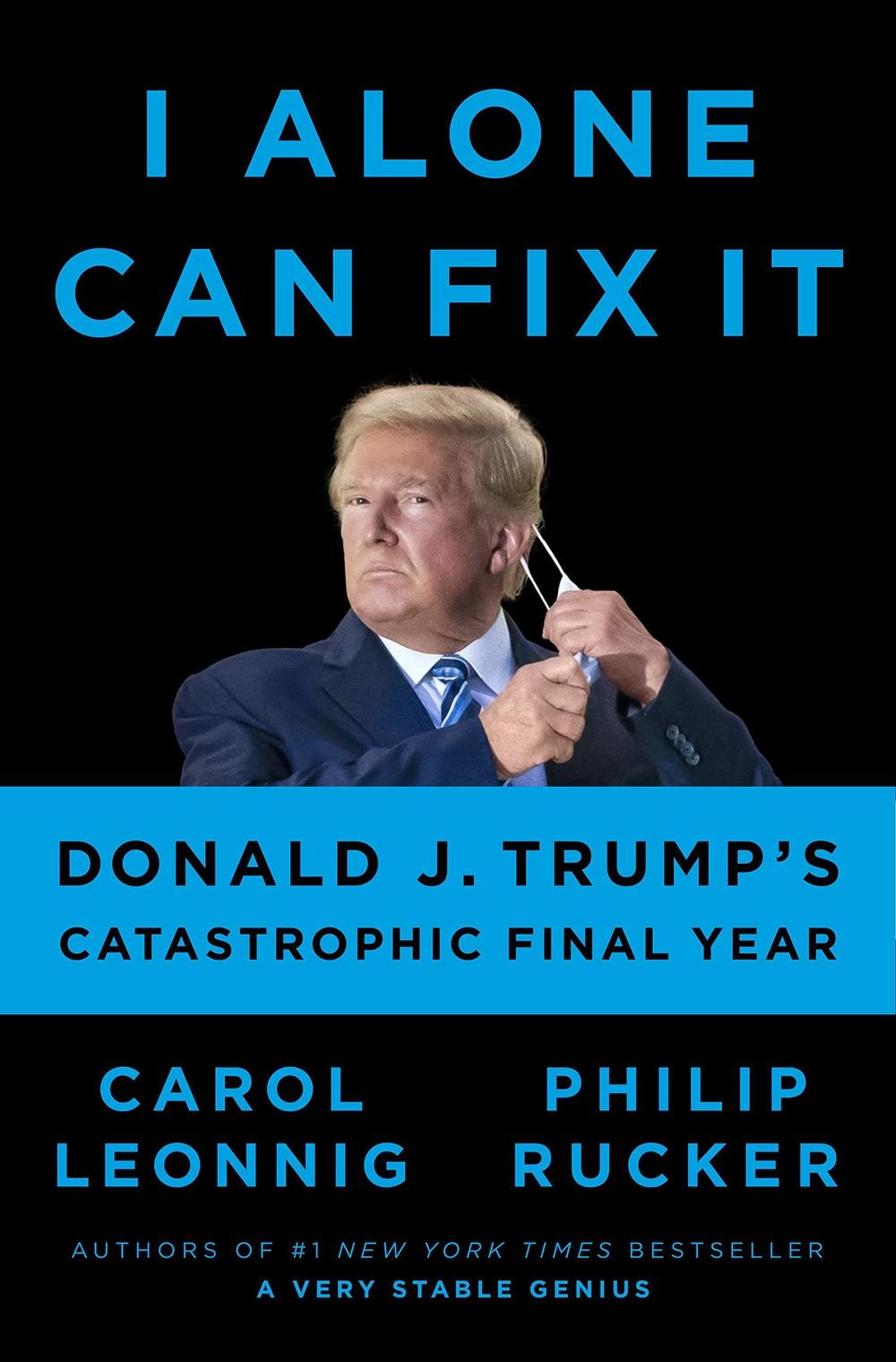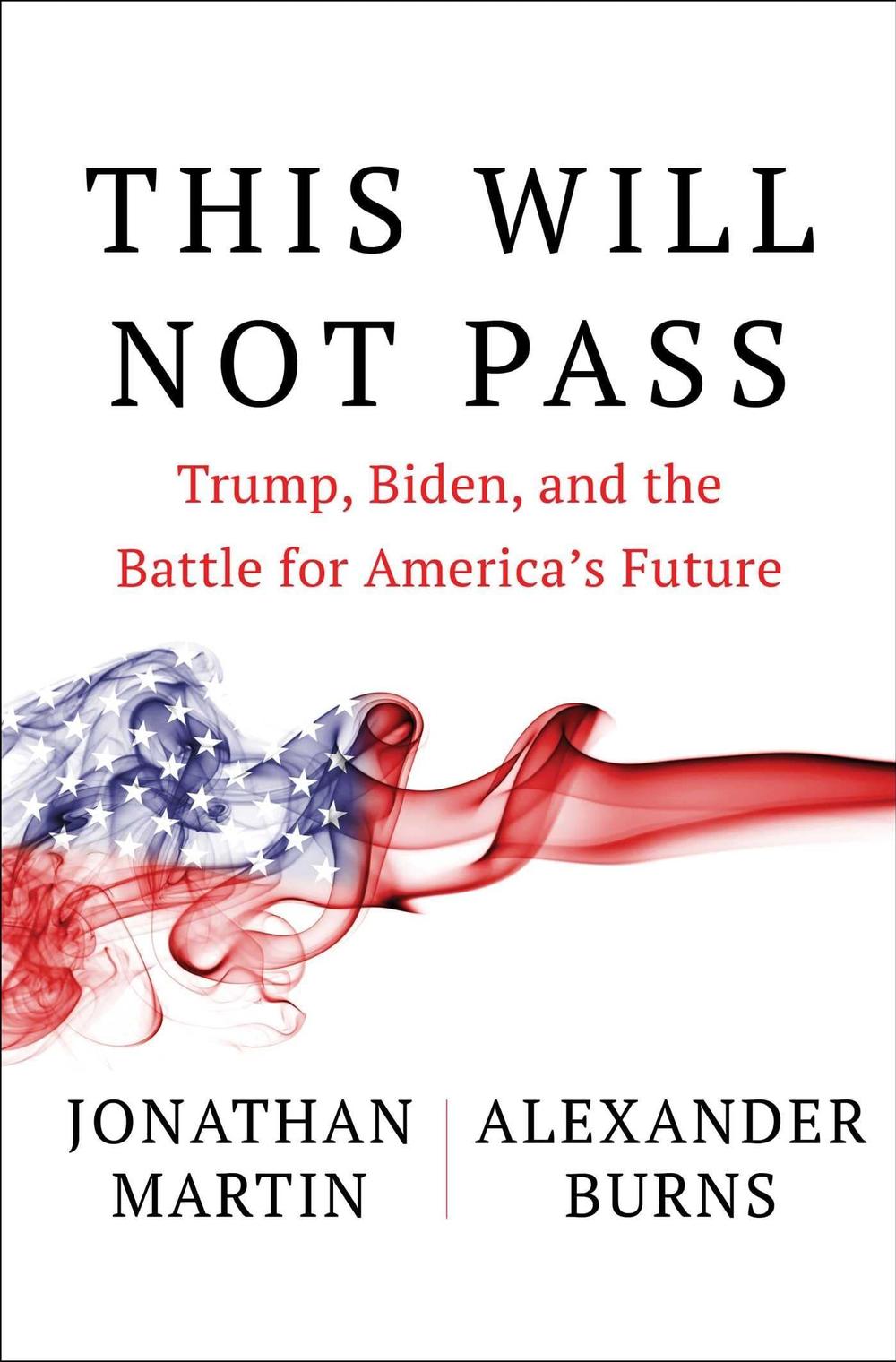ASO and Ebenezer Baptist Church King Celebration Concert at 3 P.M.
Section Branding
Header Content
7 books to help you understand Jan. 6
Primary Content
The House select committee hearings on the Jan. 6 insurrection began earlier this month and have already revealed new facts and information about the assault on the U.S. Capitol and the people involved.
The committee is presenting the findings of its investigation into President Donald Trump's responsibility in the attempted coup, the fake electors scheme, financial support of the insurrection, right-wing groups that breached the Capitol, and which witnesses failed to cooperate with the select committee.
To help you better understand these findings as they're presented over the next few weeks, we've compiled a list of books on the events of Jan. 6 and its aftermath.
Unthinkable: Trauma, Truth, and the Trials of American Democracy by Jamie Raskin
On the last day of 2020, Rep. Jamie Raskin of Maryland lost his only son, Tommy Raskin, who died by suicide. A week later, Raskin was at the Capitol when it was attacked by an armed and violent mob attempting to undermine the 2020 presidential election results.
Fueled by his son's values and memory, Raskin pushed through his grief to lead the impeachment effort against President Trump for inciting the violence.
In his intimate, vulnerable memoir, Raskin details the impeachment prosecution that led to a historic bipartisan vote on Trump's role in the attack against the government and discusses the dire threats American democracy faces. He gives a harrowing account of the events of Jan. 6 from inside the Capitol and navigates his personal and professional trauma in his fight to defend American democratic principles.
The Steal: The Attempt to Overturn the 2020 Election and the People Who Stopped It by Mark Bowden and Matthew Teague
In the two months leading up to Jan. 6, Trump, his allies and his supporters tried to reverse the presidential vote results, based on false election fraud claims. Veteran reporters Mark Bowden and Matthew Teague document the rise of this conspiracy, focusing on six key states: Arizona, Georgia, Michigan, Nevada, Pennsylvania and Wisconsin.
The Steal is a thoroughly reported collection of stories about the local officials who stood resolute against accusations of falsifying election results in the face of threats, distrust and personal attacks. Many heroes of the book are conservatives — and include Trump supporters — who made sure every vote was counted.
These portraits create a snapshot of how elections are run state by state and county by county — and of the core honesty and patriotism of the people who oversee them.
The Oath and the Office: A Guide to the Constitution for Future Presidents by Corey Brettschneider
Understanding the Constitution — and what acts violate it — will be key to the hearings. The line between patriotism and treason can be blurry, which is why The Oath and the Office is a good read to help make sense of the Capitol insurrection and its relationship to the Constitution.
Constitutional law scholar and political science professor Corey Brettschneider analyzes the document — its articles and amendments — as well as legal cases to help readers better understand the powers granted to the presidency, and what the president can and cannot do. He also describes the ways "we the people" can influence the office of the presidency.
I Alone Can Fix It: Donald J. Trump's Catastrophic Final Year by Carol Leonnig and Philip Rucker
President Trump's final year in office was marked by chaos as he struggled to respond to COVID-19 and threatened to send federal troops to quell Black Lives Matter protests after the death of George Floyd. Pulitzer Prize-winning reporters Carol Leonnig and Philip Rucker hone in on witnesses, key players around Trump, who were in the room when he made decisions that doomed his presidency.
I Alone Can Fix It is a window into Trump's behavior and thought process leading up to Jan. 6. The reports provide crucial insight into who empowered Trump and his decisions, and who thwarted them. They shed light on how former New York Mayor Rudy Giuliani urged Trump to declare himself the winner in the 2020 elections, and how Gen. Mark Milley, chairman of the Joint Chiefs of Staff, discouraged the use of force in several situations.
The book concludes with a detailed, minute-by-minute account of the breaching of the Capitol building on Jan. 6.
Peril by Bob Woodward and Robert Costa
Based on more than 200 interviews and 6,000 transcripts, Peril details the political turmoil and challenges of the transition of power from Donald Trump to Joe Biden. Bob Woodward and Robert Costa report on the days leading up to and following the Capitol siege, from the roles Trump and Republican officials played in the assault to Biden's struggles in handling the ongoing pandemic, economic woes, crippling partisan divide and the crisis in Afghanistan.
These in-depth accounts give an intimate side-by-side contrast of the two presidents and not just their policies, but also how they treat their staff and associates. They portray Trump as aggressive and intolerant, compared to Biden, who is chummy and benign, perhaps to a fault.
An end to the remarkable "Trump trilogy" by Woodward – the other two are Rage and Fear — this is a story of the events that came before the Jan. 6 insurrection, how officials like Milley and others sought to block Trump and how Biden has tried to pick up the pieces.
This Will Not Pass: Trump, Biden, and the Battle for American Democracy by Jonathan Martin and Alexander Burns
Similar to Peril, This Will Not Pass recounts the end of a presidency and the beginning of another, covering Trump's attack on the 2020 election to Biden's struggle to consolidate his Democratic colleagues. On top of comparing the presidents, this book emphasizes the Republican party's deference to Trump and the exhaustion of a country burdened by national traumas.
One thing that is particularly noteworthy about this book is that examines Trump's vengeance against Republican leaders who renounced him after Jan. 6.
Even now, more than a year after the end of his presidency, Trump's influence still runs deep within the GOP. New records give background on how notable Republican leaders, such as House Minority Leader Kevin McCarthy and Senate Minority Leader Mitch McConnell, privately supported punitive measures against Trump, but later rescinded their criticisms.
Jonathan Martin and Alexander Burns expose the pitfalls of the American two-party system and examine whether the tumultuous clash between the parties has damaged the fabric of our democracy to the point of no return.
Alt-America: The Rise of the Radical Right in the Age of Trump by David Neiwert
Members of the Proud Boys, Oath Keepers, Three Percenters and QAnon were among the crowd that descended on the nation's capital to stop Congress from certifying Biden's victory, rising to prominence along with Trump.
Investigative reporter David A. Neiwart conducted years of research to document the growth of these far-right ideologies. He notes important figures such as Steve Bannon, Milo Yiannopoulos and Alex Jones, who Neiwart argues have used the right-wing media to cultivate these philosophies of white supremacy and xenophobia.
Once regarded as nuts and zealots, these men — and their followers — went mainstream, feeding off conspiracy theories, white nationalism and deep distrust of government.
As we find out more during the hearings about the planning and motivation of groups involved in the insurrection, Alt-America can shed light on their emergence and deep roots in America.
Copyright 2022 NPR. To see more, visit https://www.npr.org.
Bottom Content








